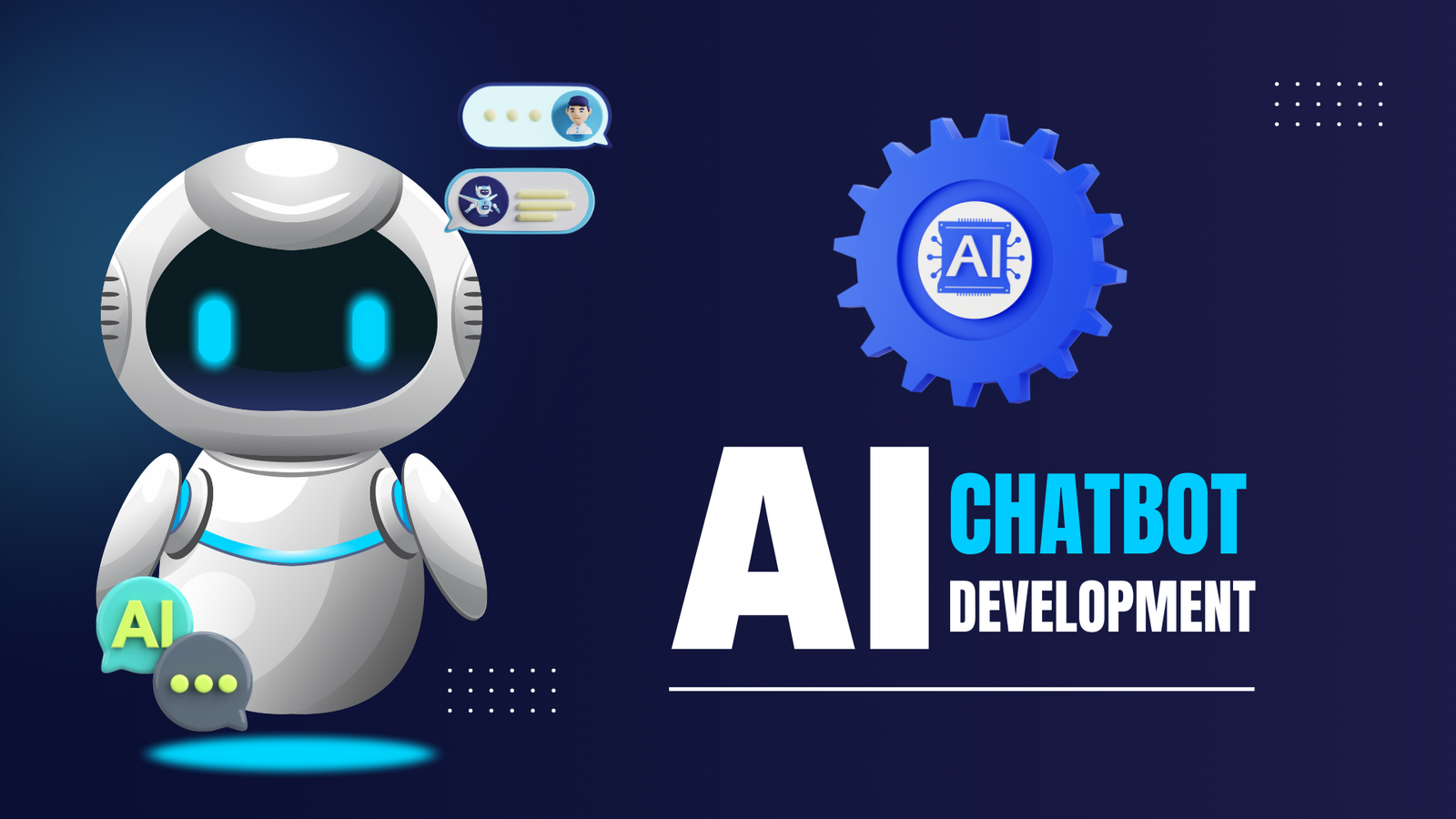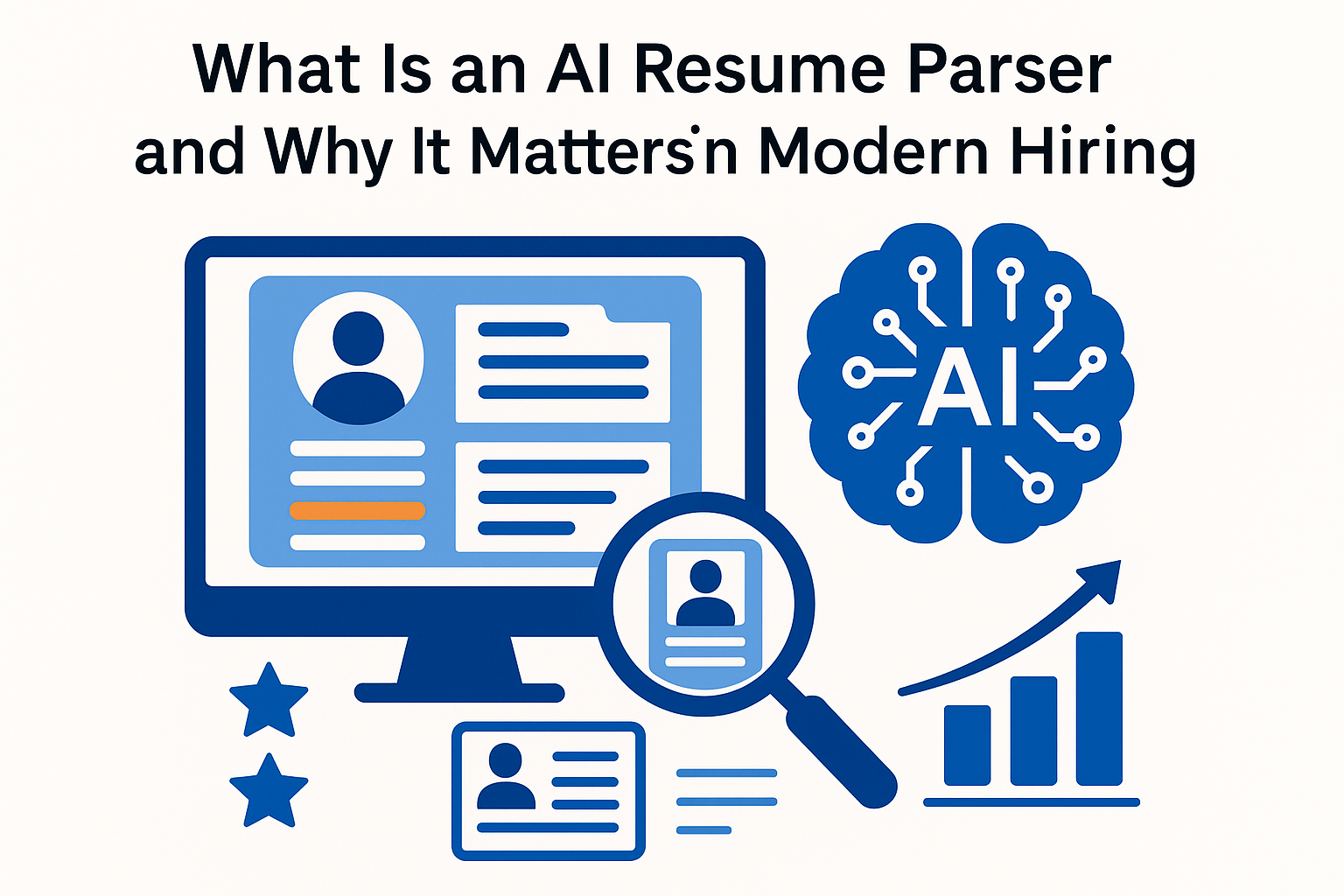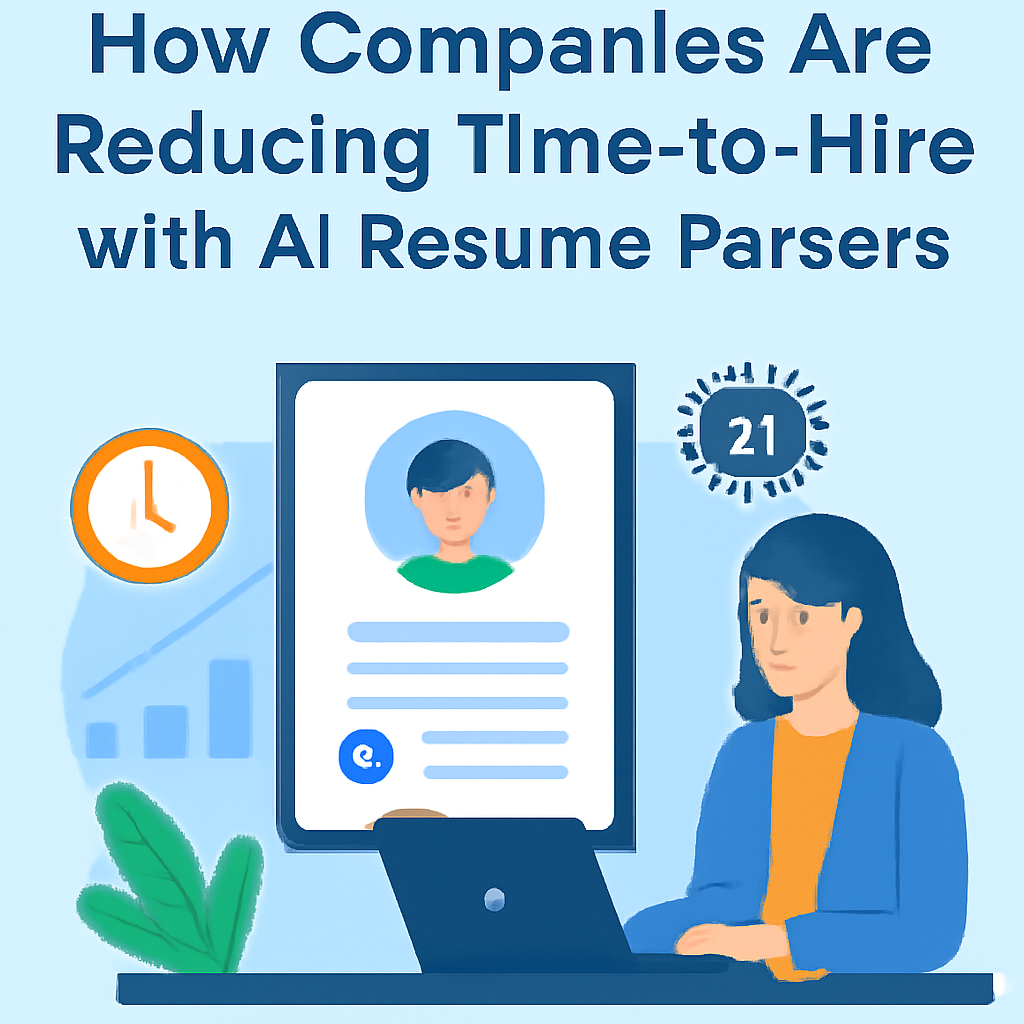Introduction
AI chatbot development is revolutionizing digital interaction by enhancing customer service, automating tasks, and improving user engagement. As artificial intelligence continues to advance, chatbots are becoming more intelligent, intuitive, and capable of mimicking human-like conversations. Businesses across various industries are leveraging AI chatbot development to streamline operations, boost customer satisfaction, and increase efficiency.
The Evolution of AI Chatbots
AI chatbots have evolved significantly from basic rule-based systems to advanced AI-driven conversational agents. Key developments in AI chatbot technology include:
- Natural Language Processing (NLP): Enables chatbots to understand and interpret human language effectively.
- Machine Learning (ML): Helps chatbots learn from user interactions and improve response accuracy over time.
- Voice Recognition: Allows users to interact with chatbots using voice commands, making interactions more seamless.
- Omnichannel Integration: Ensures chatbots can operate across multiple platforms, including websites, mobile apps, and social media.
- Emotion AI: Enhances chatbot capabilities by detecting user emotions and responding empathetically.
Key Benefits of AI Chatbot Development
1. Enhanced Customer Support
- AI chatbots provide 24/7 customer support, reducing response times and increasing customer satisfaction.
- They handle frequently asked questions, troubleshoot issues, and escalate complex queries to human agents when necessary.
2. Increased Business Efficiency
- Automates repetitive tasks such as scheduling appointments, processing orders, and answering inquiries.
- Reduces the workload for human agents, allowing them to focus on complex and high-value interactions.
3. Personalized User Experience
- AI chatbots analyze user data and preferences to deliver personalized recommendations and interactions.
- They enhance engagement by adapting to user behavior and previous conversations.
4. Scalability
- Unlike human agents, chatbots can handle multiple conversations simultaneously without compromising response quality.
- Businesses can scale customer support operations efficiently without increasing operational costs.
5. Data Collection and Insights
- Chatbots collect valuable data on customer interactions, enabling businesses to refine marketing strategies and improve services.
- Provides actionable insights into user behavior and preferences.
How AI Chatbot Development is Transforming Industries
1. E-commerce
- AI chatbots assist customers in product selection, provide personalized recommendations, and process orders.
- They handle customer queries, returns, and refund requests efficiently.
2. Healthcare
- Chatbots support patient engagement by scheduling appointments, providing medical information, and answering health-related queries.
- They assist in telemedicine services by guiding patients through symptom assessment and connecting them with healthcare professionals.
3. Banking and Finance
- AI chatbots automate transactions, provide account information, and assist with financial planning.
- They detect fraudulent activities and send instant alerts to customers.
4. Travel and Hospitality
- Chatbots simplify booking processes, provide real-time travel updates, and offer personalized travel recommendations.
- They handle customer support queries, reducing the need for human intervention.
5. Education
- AI chatbots assist students with learning resources, answer academic questions, and provide personalized study plans.
- They help institutions streamline administrative tasks such as enrollment and student support.
Future Trends in AI Chatbot Development
1. Conversational AI with Human-Like Responses
- Future AI chatbots will exhibit improved understanding of context and intent, making conversations more natural and engaging.
2. Integration with Advanced AI Technologies
- Chatbots will leverage AI advancements such as deep learning, reinforcement learning, and AI-driven predictive analytics.
3. Hyper-Personalization
- AI chatbots will provide ultra-personalized experiences by leveraging big data and AI-driven insights.
4. Seamless Voice and Text Interaction
- The rise of voice AI will enable chatbots to support seamless transitions between text and voice-based conversations.
5. AI-Powered Customer Sentiment Analysis
- Chatbots will be able to analyze customer emotions in real time, allowing businesses to enhance customer experiences dynamically.
Conclusion
AI chatbot development is shaping the future of digital interaction by providing intelligent, responsive, and highly efficient communication solutions. Businesses that invest in AI chatbot development gain a competitive advantage by improving customer engagement, streamlining operations, and offering personalized experiences. As technology advances, AI chatbots will continue to revolutionize how businesses and consumers interact in the digital space.















Leave a Reply